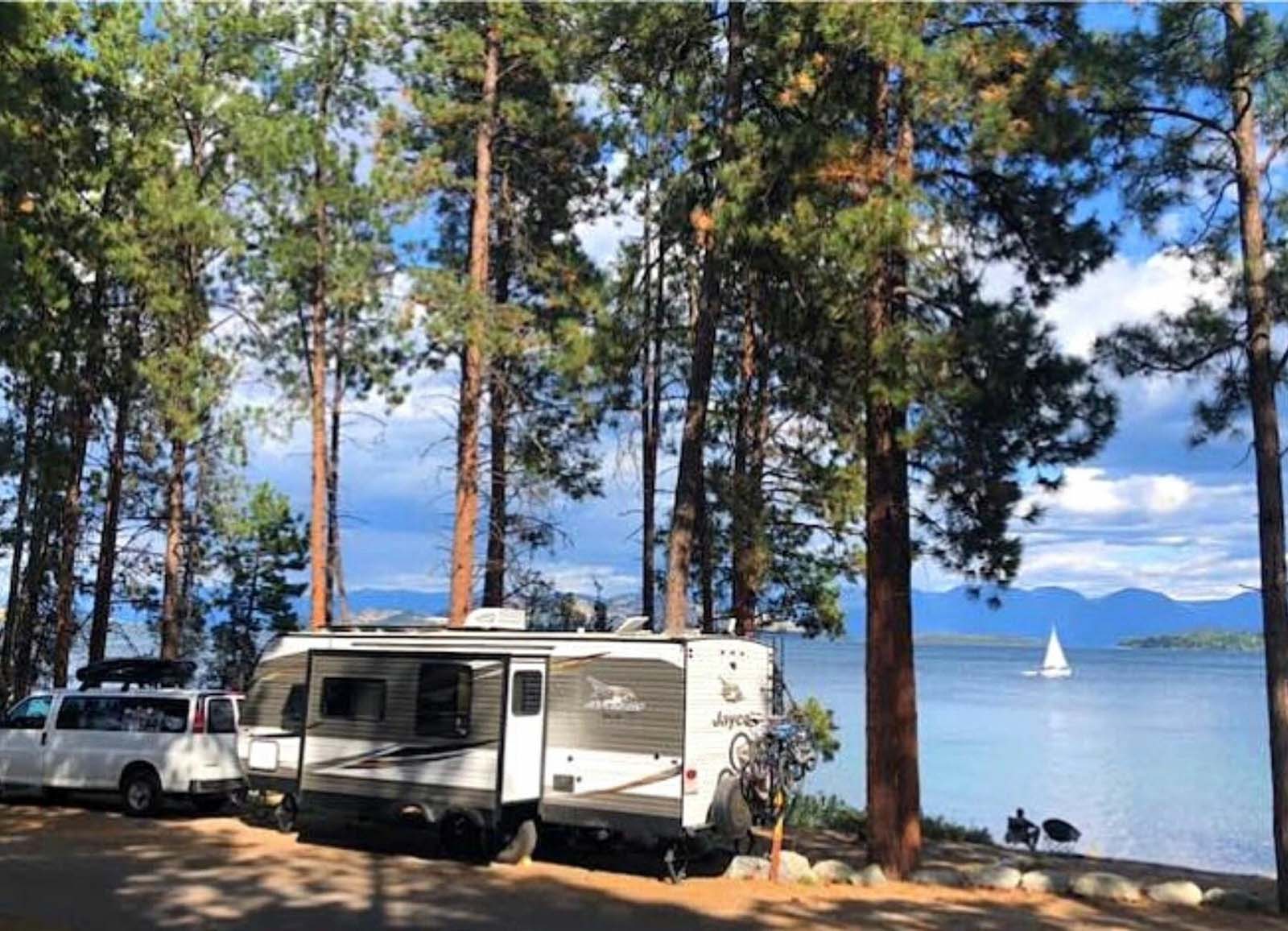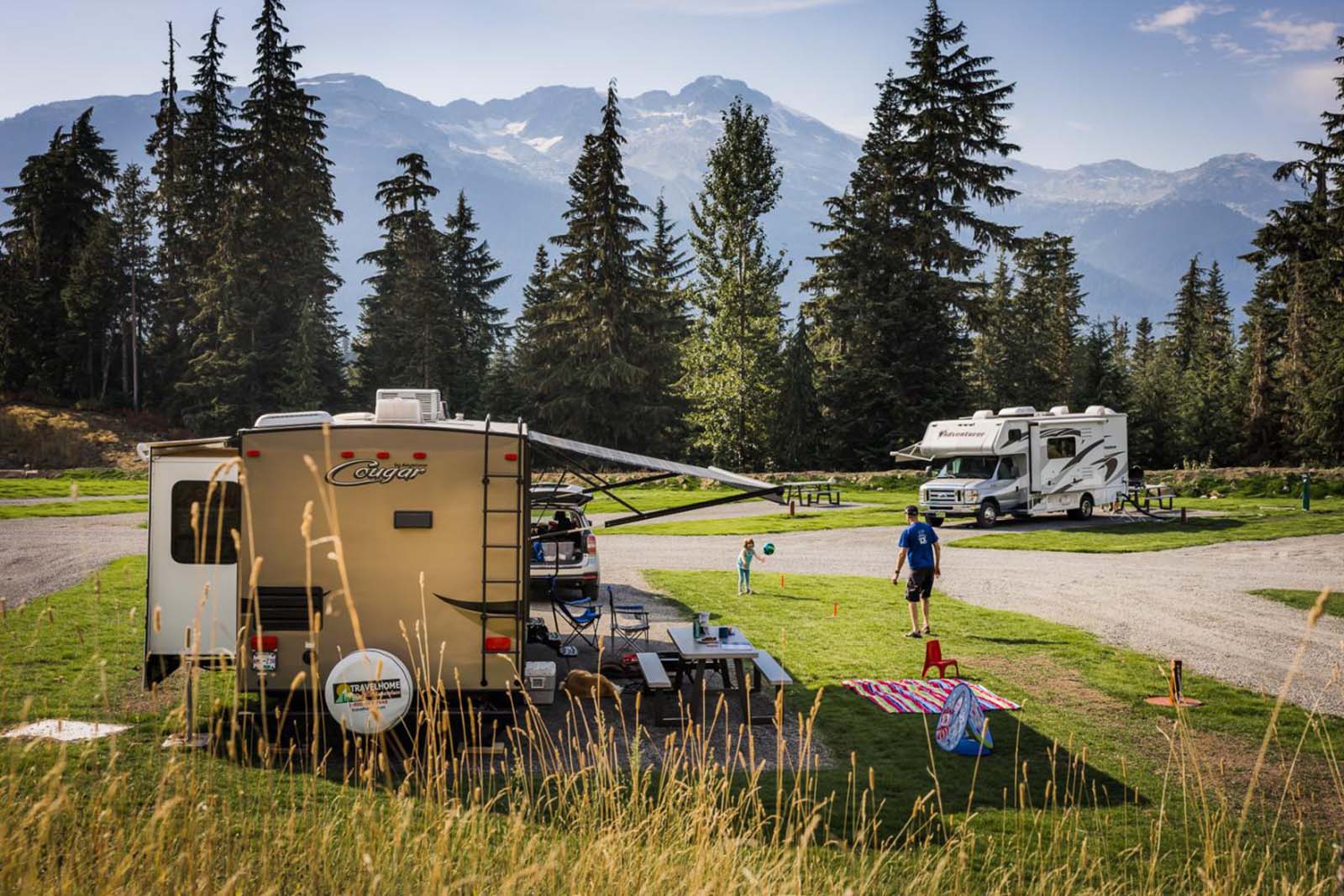H2: Introduction RVs are an excellent way to explore the great outdoors while still enjoying the comforts of home. One crucial component of an RV is its generator, which provides power for various appliances and amenities. However, the generator requires a reliable battery to start and operate efficiently. In this article, we will explore the different types of batteries that can be used to start an RV generator.

H2: Starting Batteries Starting batteries, also known as cranking batteries, are designed to deliver a high amount of current for a short duration. These batteries are primarily used to start engines, including RV generators. They have a high cranking amperage (CCA) rating and can supply the necessary power to start the generator quickly. Starting batteries are not intended for long-term power supply and may not be suitable for powering other accessories in your RV.
H2: Deep Cycle Batteries Deep cycle batteries are specifically designed to provide a consistent and sustained amount of power over an extended period. Unlike starting batteries, deep cycle batteries can handle discharging and recharging cycles without significant damage. They are ideal for powering appliances and accessories in an RV and can also be used to start a generator. Deep cycle batteries have lower CCA ratings but higher reserve capacity (RC) ratings, making them more suitable for long-term power supply.
H2: Dual-Purpose Batteries Dual-purpose batteries offer a combination of the features found in both starting and deep cycle batteries. These batteries are designed to provide enough cranking power to start an engine while also being capable of providing sustained power for RV appliances. Dual-purpose batteries are a popular choice among RV owners as they offer a balance between starting power and long-term power supply. However, they may not excel in either category compared to dedicated starting or deep cycle batteries.

H2: Lithium-Ion Batteries Lithium-ion batteries have gained significant popularity in recent years due to their numerous advantages over traditional lead-acid batteries. These batteries offer a higher energy density, longer lifespan, and quicker recharging times. While they may be more expensive upfront, their overall cost-effectiveness and performance make them an attractive option for RV owners. Many lithium-ion batteries are designed to be compatible with various RV appliances and can easily withstand the high starting current requirements of a generator.
H3: Factors to Consider When Choosing a Battery 1. Power Requirements: Determine the power needs of your RV appliances and ensure that the battery’s capacity meets those requirements. 2. Size and Weight: Consider the dimensions and weight of the battery to determine if it will fit in your RV’s designated battery compartment. 3. Lifespan: Evaluate the battery’s expected lifespan and compare it to your long-term usage plans. 4. Maintenance: Assess the battery’s maintenance requirements, including checking water levels and regular charging intervals. 5. Budget: Consider the cost of the battery and weigh it against its features, durability, and performance.
H3: Conclusion Selecting the right battery to start your RV generator is crucial for a hassle-free camping experience. Whether you opt for a starting battery, a deep cycle battery, a dual-purpose battery, or a lithium-ion battery, it’s essential to understand the specific needs and limitations of each type. Consider factors such as power requirements, size, lifespan, maintenance, and budget before making your decision. With the right battery, you can ensure that your RV generator starts reliably and provides power for all your adventures on the road.


